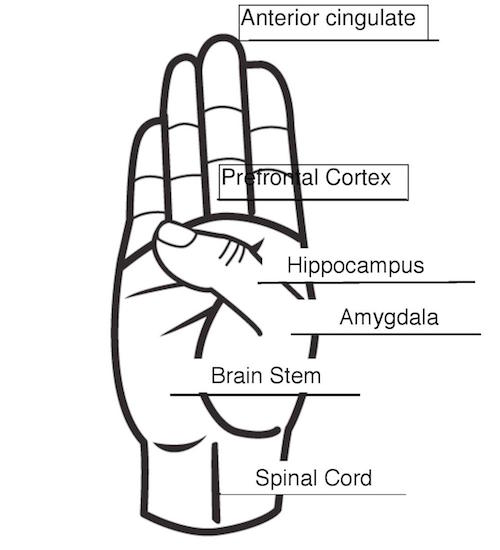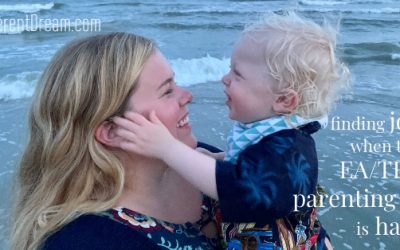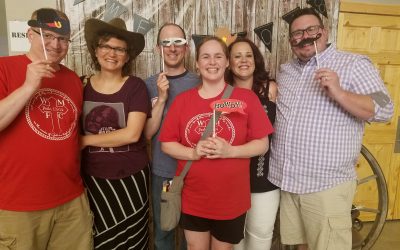Inside Out Special Needs Parenting, Pt. 3: High Road or Low Road?

Welcome to the third installment in Different Dream’s series about special needs parenting from the inside out. The series is based upon what was learned while doing the research for Does My Child Have PTSD? What To Do When Your Child Is Hurting from the Inside Out.
Today’s post builds upon what you learned in the tour of brain basics in Part 2 of the series and explains why kids can push their parents’ emotional buttons so that Dad and Mom act like crazy people. In Parenting from the Inside Out: How a Deeper Self-Understanding Can Help You Raise Children Who Thrive, Daniel Siegel and Mary Hartzell call that response “low road parenting.”
The Low Road
The diagram used in the brain basics post is a good place to begin exploring the special needs parenting low road, a road I too often followed while raising my kids.

As was explained in Part 2 of the inside out special needs parenting series, the hand can be used as a model to help us understand functions of the limbic region of the brain which regulates emotions and general motivational states. The hippocampus and amygdala process new memories, connect emotions and senses to memories, and cause fear reactions like sweaty palms and butterflies in the stomach. These parts of the limbic region do more reacting than thinking. Everything that comes into the brain goes through the hippocampus and amygdala before moving on to the thinking parts of the brain. Think of them as the brain’s low road.
The High Road
The anterior cingulate is the chief operating officer of the brain. It helps coordinate thoughts and bodily movements and determines what we pay attention to. The orbitofrontal cortex is the center for most evolved brain functions such as abstract thinking, reflection, and awareness. Think of it as the brain’s high road.
The High Road of Special Needs Parenting
When the brain is on the high road, it is like a closed fist.

The high road parts of the brain (anterior cingulate and orbitofrontal cortex) are in close contact with its low road parts (hippocampus and amygdala) so they talk to one another nicely. The high road easily processes the low road signals and puts them in proper perspective.
The Low Road of Special Needs Parenting
But when kids do something that triggers a traumatic memory from our past, our automatic response is to “flip our lids.”

When that happens, the connection between the reactionary low road and the thinking high road is broken. That’s when normally rational parents respond like crazy people.
Future posts in inside out special needs parenting series will explain what parents can do to keep from flipping their lids and taking the low road. But if you can’t wait, I encourage you to purchase a copy of Parenting from the Inside Out: How a Deeper Self-Understanding Can Help You Raise Children Who Thrive to learn more.
Your High Road/Low Road Special Needs parenting Questions?
Do you have questions about the high and low road? Leave a comment and I’ll try to answer.
Inside Out Special Needs Parenting, Part 1
Inside Out Special Needs Parenting, Part 2
Do you like what you see at DifferentDream.com? You can receive more great content by subscribing to the quarterly Different Dream newsletter and signing up for the daily RSS feed delivered to your email inbox. You can sign up for the first in the pop up box and the second at the bottom of this page.
By Jolene
Jolene Philo is the author of the Different Dream series for parents of kids with special needs. She speaks at parenting and special needs conferences around the country. She’s also the creator and host of the Different Dream website. Sharing Love Abundantly With Special Needs Families: The 5 Love Languages® for Parents Raising Children with Disabilities, which she co-authored with Dr. Gary Chapman, was released in August of 2019 and is available at local bookstores, their bookstore website, and at Amazon.
Subscribe for Updates from Jolene
Related Posts
The Special Needs Lord’s Prayer
The special needs Lord’s prayer came together for Mark Arnold on a Sunday morning when he attended virtual church with his son James. Here's the fruit of his musings and his labor. As I watched church on Zoom Sunday morning, enjoying the opportunity to relax and be in...
The Emotions of an EA/TEF Parenting Life
The emotions of an EA/TEF parenting life are all over the place. Guest blogger Emily Duckworth explains how she finds joy when negative emotions creep in.
Wonderfully Made Family Camp, 2018: A Look Back
Wonderfully Made Family Camp, 2018 was an overwhelming success as these pictures and testimonials show. Grab a tissue before you watch the video!






0 Comments